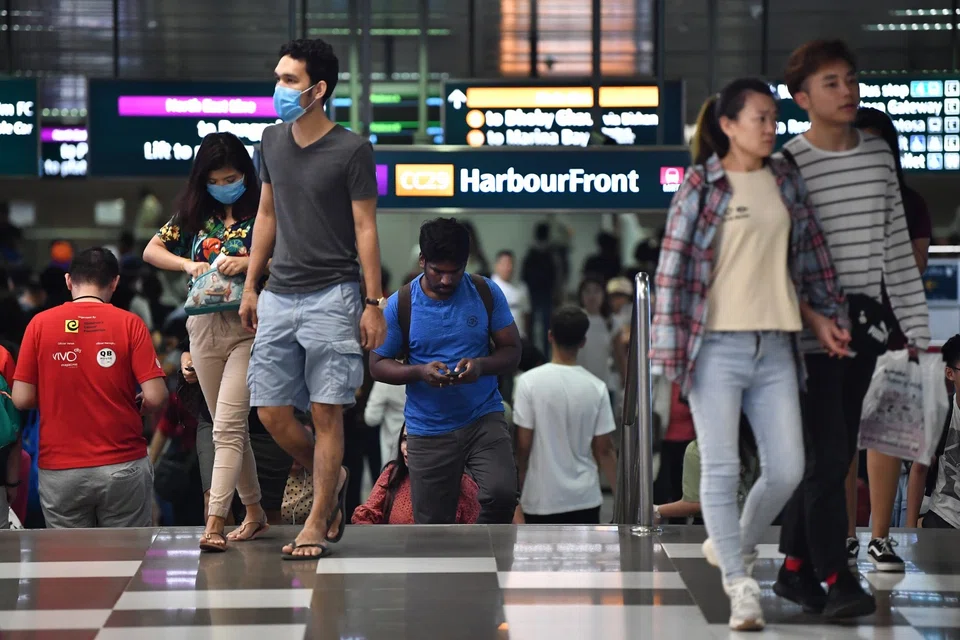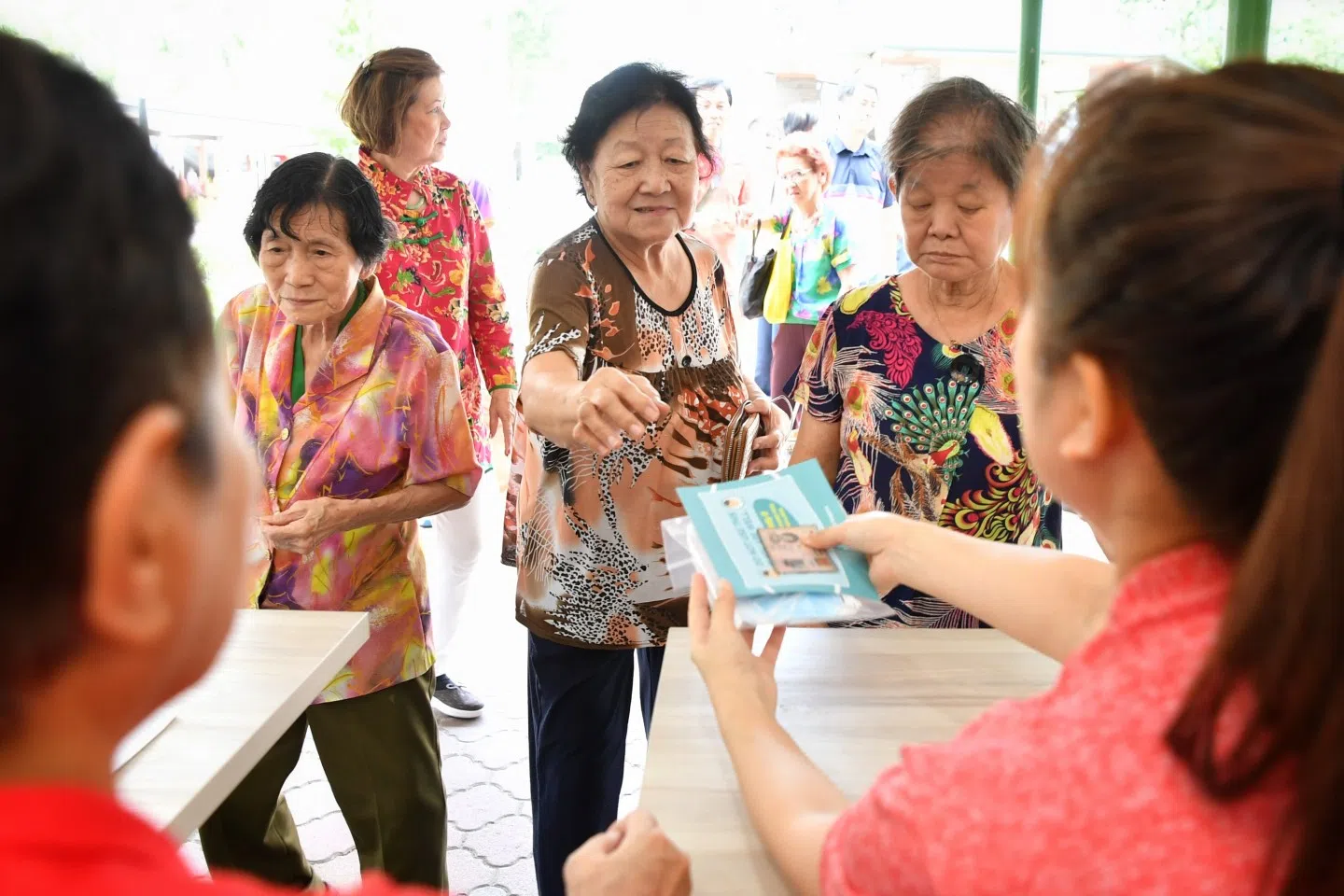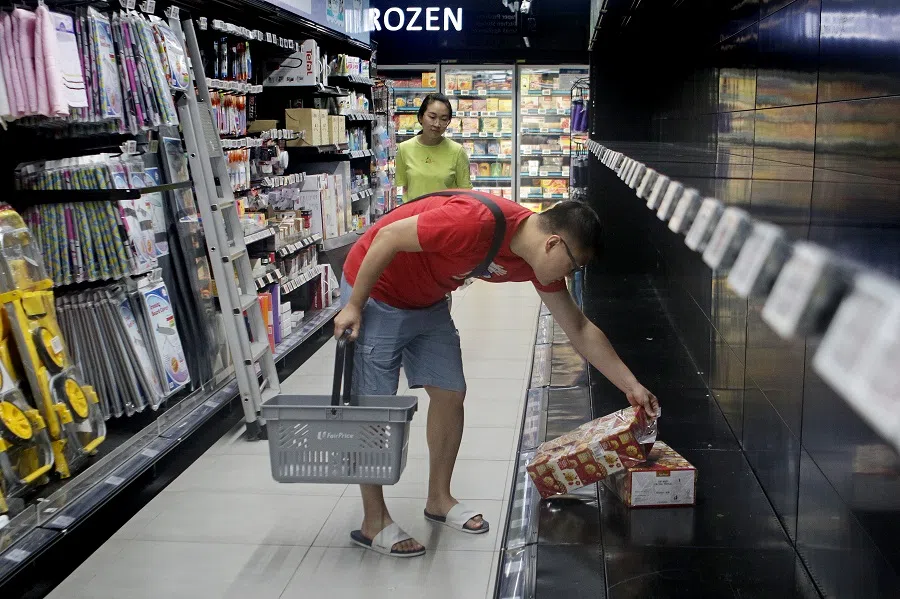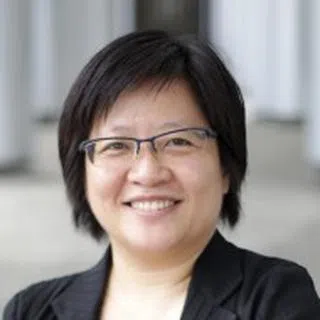Chinese netizens: Is Singapore 'zen' or has it given up?
Chinese social media has been rife with commentaries asking if Singapore is being too lax and defeatist in its approach to tackling the coronavirus outbreak. Han Yong Hong says beneath the veneer of calm lies characteristics that are peculiar to Singapore society.

Amid scrambles by governments in mainland China, Hong Kong and elsewhere to contain Covid-19, Singapore, an erstwhile model of governance, has recently become a cause for concern, even criticism.
In the past few days, fear-inducing headlines citing Singapore's "zen approach" or "laissez-faire attitude" have flooded China's social media, with some saying that "Singapore could become the next Wuhan". Voices of concern ring out on WeChat, offering arguments as to why Singapore should not let its guard down.
The outpouring of public opinion began when there were already dozens of confirmed cases in Singapore, a scenario equivalent to that of a Chinese city battling a moderate outbreak. Some Chinese, both in mainland China and those newly immigrated to Singapore, thought that Singapore's measures were "too mild", given that schools were not closed, the community was not tightly managed and residents were asked to only wear masks when they were ill.
Singapore Prime Minister Lee Hsien Loong said on 8 February that in terms of mortality, Covid-19 was much closer to influenza than SARS. He added that if the confirmed cases kept growing while the fatality rate stayed low, those with mild symptoms should see their family GP, and leave the hospitals available for the most vulnerable patients. These comments drew numerous reactions from netizens, including that Singapore was "giving up" the fight.

Admittedly, on the trains or roads, I did not detect a tense or solemn atmosphere. But the impact of the outbreak is clear - restaurants and malls are quiet, and so are the trains. The government gave every household a pack of four masks, but also urged citizens not to misuse them. Thus, only approximately 20% to 30% of people are seen wearing masks on the streets. In contrast, I hear that in mainland China cities, no one steps out without a mask, while people in Hong Kong will give you weird stares if you do not wear one.
In Singapore, the emphasis is placed on other measures, and seeing that they are implemented to the fullest. One example is the mandatory 14-day leave of absence (LOA) imposed on all workers returning from China. Four work pass holders who breached their 14-day LOA orders were sent home immediately. Our office at SPH has implemented a two-team split operations measure. Contact is also minimised by designating areas that each team should use in the office. Following the implementation of this measure, we resumed work and went on with our daily lives.
A Chinese commentary observed that Singapore's approach is seemingly loose but actually tight. A Chinese netizen living in Singapore shared on Weibo that he only saw a doctor as he was having a sore throat. Upon hearing that his roommate had just returned from China, the doctor immediately shut him in a small room, and only returned when he was clothed in protective gear. An ambulance arrived ten minutes later, taking him to the National Centre for Infectious Diseases. After comprehensive checks including a test for Covid-19, he was deemed "low-risk" and advised to go under self-quarantine at home.
This netizen said that having gone through this experience, he truly knew what the government meant by "we are well prepared".
History has shown that in times of crisis, the Singapore people depend even more on and rally around the government.
Even if not many Singaporeans have this experience, they can definitely imagine it as they are used to a strict, orderly and methodical approach.
Over the past few days, in commentaries comparing China and Singapore's measures, there were several rebutting the accusation that "Singapore has given up". Some praised Singapore's transparency of information and said it was a well-run technocracy; others pointed to Singapore's robust family GP system and health service; yet others said tropical weather made Singapore less susceptible to viruses and hence should not be compared with China; while others lauded Singapore's alertness because as early as 2 January, health officials in Singapore had already started taking temperature checks on all Wuhan visitors.
These analyses are persuasive, but those outside Singapore would have difficulties understanding the special trust that Singaporeans have in the government. It is normal for everyone to get worried amid a virus outbreak - some Singaporeans emptied out supermarket shelves last week, but followed the government's call later and trusted that the country will protect its citizens in the most necessary and logical manner. History has shown that in times of crisis, the Singapore people depend even more on and rally around the government.

A report by Bloomberg News quoted Claire Hooker, a senior lecturer at the University of Sydney, saying that PM Lee's speech "was a pretty outstanding example of very good risk communication". Thomas Abraham, risk communication consultant for the World Health Organisation, also applauded PM Lee for not hesitating "to talk about how the situation might worsen".
Objectively speaking, PM Lee's speech was more than just a well-written one - its power comes from the consistency that the government has repeatedly demonstrated and upheld over the years, and more so from the confidence that the government has in its citizens: it believes that as long as they have explained the situation clearly, the people have the ability to logically discern and accept the truth, even if it is bad.
In actual fact, it is impossible for Singapore to firmly guard against turbulent times and emergencies. Challenges are unavoidable - it is part and parcel of life, and also a reality that a small economy has to accept. Thus, what is important is not to avoid the issue or shut ourselves off, but to marshal our social resources and overcome the challenge with the least cost. A society that can stand firm against a tough challenge will become more resilient, and stay calmer. Is this adopting a zen approach then? That depends on how you define it. But, it is certainly not giving up.





